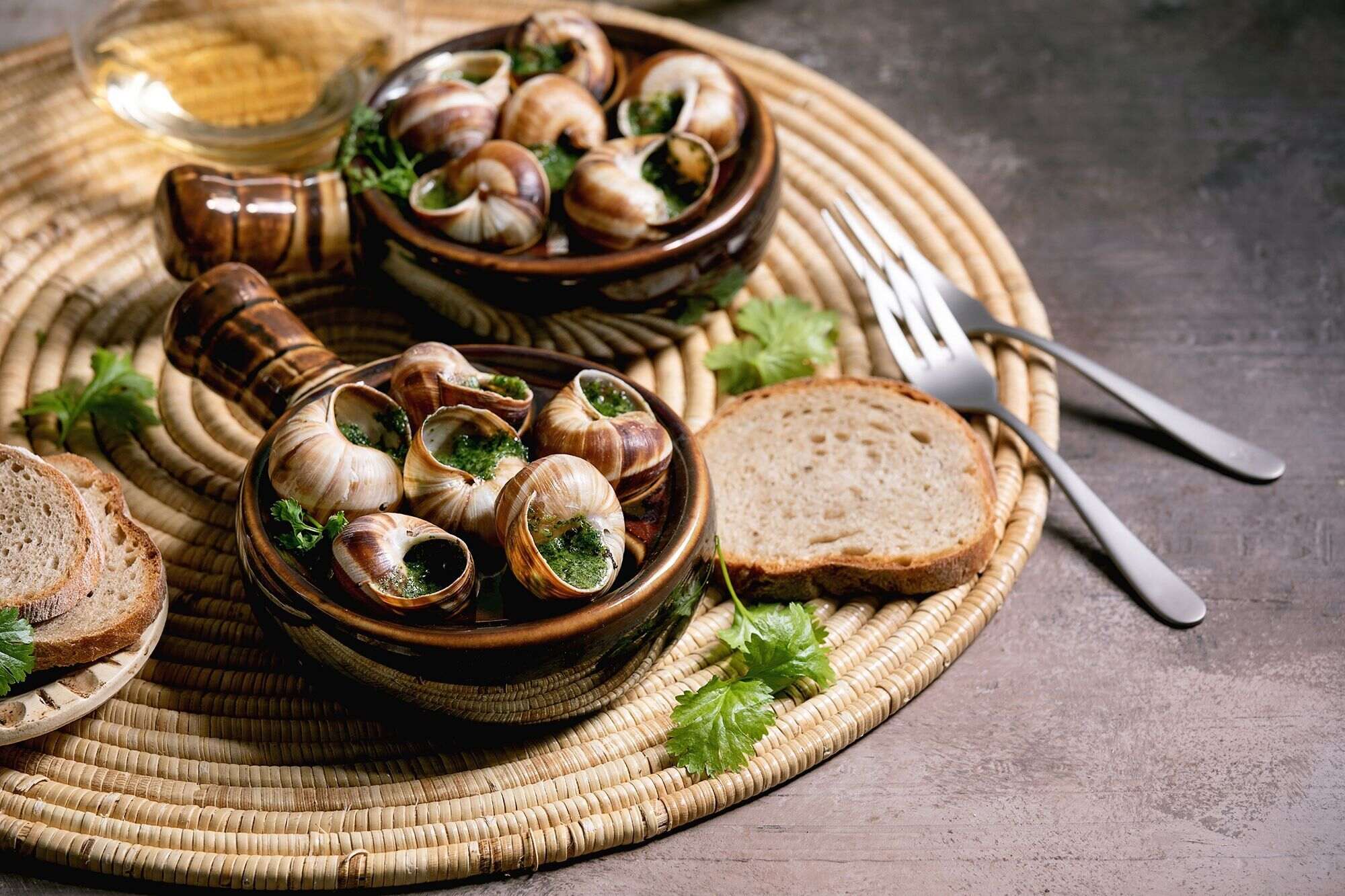
French cuisine is famous for its rich flavors, intricate techniques, and cultural significance. Did you know that French cooking has influenced culinary traditions worldwide? From the buttery croissants enjoyed at breakfast to the sophisticated escargot served at dinner, French food offers a diverse range of tastes and textures. Ever wondered why French chefs are so revered? Their training is rigorous, often starting at a young age. French cuisine isn't just about food; it's a way of life. Meals are social events, often lasting hours. Wine and cheese play crucial roles in French dining, with each region boasting its own specialties. Ready to dive into some delicious facts about French cuisine? Let's get started!
The Rich History of French Cuisine
French cuisine has a long and storied history, influencing culinary traditions worldwide. Let's explore some fascinating facts about this beloved cuisine.
- French cuisine dates back to the Middle Ages, evolving significantly over centuries.
- The first French cookbook, "Le Viandier," was written in the 14th century by Guillaume Tirel, also known as Taillevent.
- King Louis XIV's court at Versailles played a crucial role in shaping modern French cuisine, emphasizing elaborate dishes and presentation.
- The French Revolution democratized food, making previously aristocratic dishes accessible to the general public.
Iconic French Dishes
French cuisine is renowned for its iconic dishes, each with its unique history and flavor profile.
- Baguette: This long, thin loaf of bread is a staple in French households, often enjoyed with butter or cheese.
- Croissant: Originating from Austria, the croissant became a French favorite, known for its flaky, buttery layers.
- Coq au Vin: A traditional dish made with chicken, red wine, mushrooms, and onions, showcasing the depth of French flavors.
- Bouillabaisse: A fish stew from Marseille, combining various seafood with herbs and spices.
- Ratatouille: A vegetable stew from Provence, featuring eggplant, zucchini, tomatoes, and bell peppers.
French Culinary Techniques
French chefs are known for their precise and innovative cooking techniques, many of which are fundamental to modern culinary arts.
- Sautéing: Cooking food quickly in a small amount of oil or butter over high heat.
- Flambéing: Igniting alcohol in a pan to create a burst of flames, adding flavor and drama to dishes.
- Sous-vide: Cooking food in a vacuum-sealed bag at a low, consistent temperature for an extended period.
- Confit: Slow-cooking meat in its fat, often used for duck or goose.
- Braising: Cooking meat slowly in liquid, resulting in tender, flavorful dishes.
French Pastries and Desserts
French pastries and desserts are celebrated for their elegance and deliciousness, often enjoyed worldwide.
- Éclair: A pastry filled with cream and topped with chocolate icing, originating in the 19th century.
- Macaron: A delicate, colorful meringue-based cookie with a creamy filling, popularized in Paris.
- Crème Brûlée: A creamy custard dessert with a caramelized sugar crust, known for its contrasting textures.
- Tarte Tatin: An upside-down caramelized apple tart, accidentally created by the Tatin sisters in the 1880s.
- Madeleine: A small, shell-shaped sponge cake, often flavored with lemon or almonds.
French Wine and Cheese
France is famous for its wine and cheese, each region offering unique varieties and flavors.
- Champagne: Sparkling wine from the Champagne region, often associated with celebrations.
- Bordeaux: A renowned wine region producing some of the world's finest red wines.
- Roquefort: A blue cheese made from sheep's milk, aged in the caves of Roquefort-sur-Soulzon.
- Brie: A soft cheese with a creamy interior and edible rind, originating from the Île-de-France region.
- Camembert: A soft, creamy cheese from Normandy, known for its strong aroma and rich flavor.
French Culinary Influence
French cuisine has had a profound impact on global culinary traditions, inspiring chefs and food lovers everywhere.
- The Michelin Guide, established in France in 1900, is a prestigious restaurant rating system used worldwide.
- French cooking schools, such as Le Cordon Bleu, attract aspiring chefs from around the globe, teaching classical techniques and modern innovations.
Savoring the Essence of French Cuisine
French cuisine isn't just food; it's a cultural experience. From croissants and baguettes to escargot and coq au vin, each dish tells a story. The importance of fresh ingredients and meticulous preparation sets French cooking apart. Wine pairing with meals is an art form, enhancing flavors and creating memorable dining experiences.
Regional specialties like Bouillabaisse from Provence or Quiche Lorraine from Lorraine showcase the diversity within French culinary traditions. Pastries and desserts such as crème brûlée and macarons are world-renowned, offering a sweet end to any meal.
Understanding these facts about French cuisine gives a deeper appreciation for its global influence. Whether you're a food enthusiast or just curious, exploring French dishes can be a delightful journey for your taste buds. Bon appétit!
Was this page helpful?
Our commitment to delivering trustworthy and engaging content is at the heart of what we do. Each fact on our site is contributed by real users like you, bringing a wealth of diverse insights and information. To ensure the highest standards of accuracy and reliability, our dedicated editors meticulously review each submission. This process guarantees that the facts we share are not only fascinating but also credible. Trust in our commitment to quality and authenticity as you explore and learn with us.


